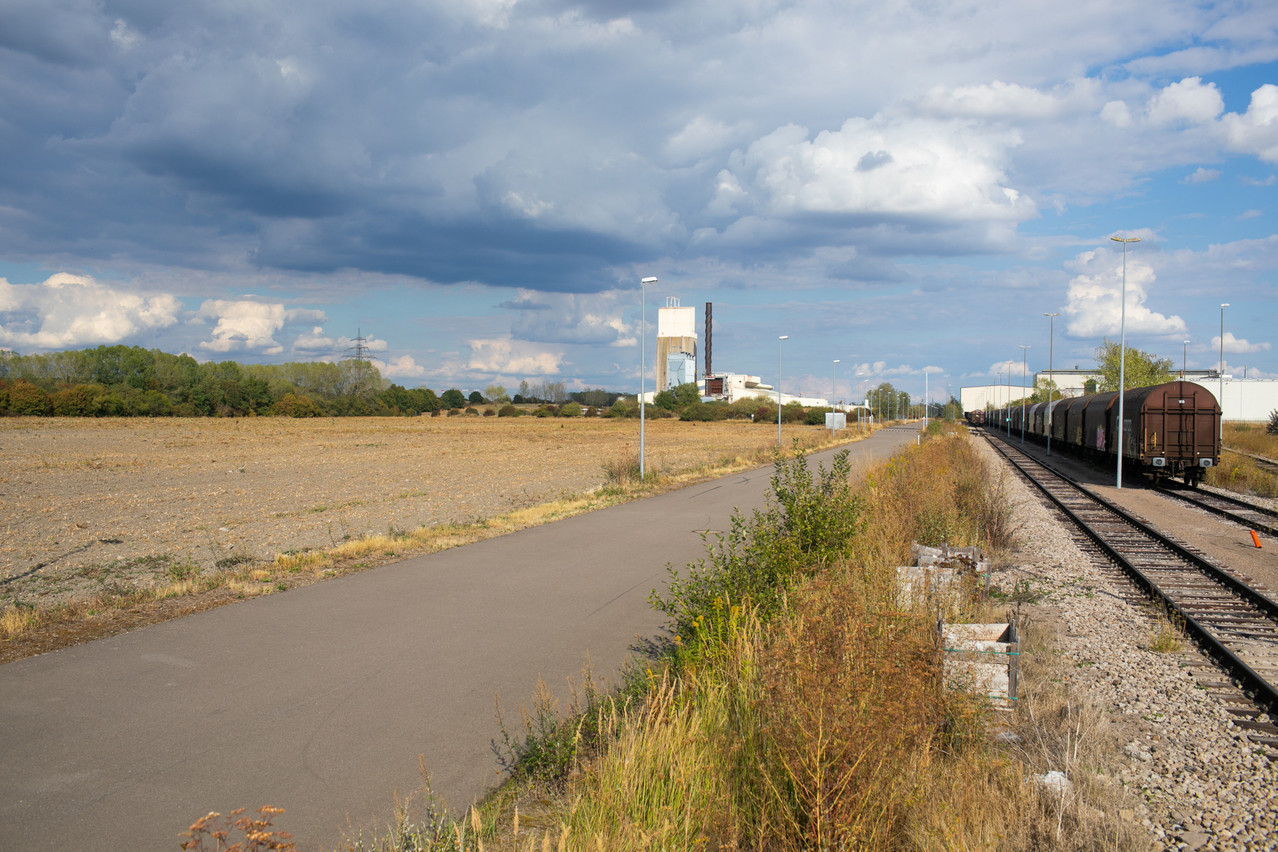Economy minister Etienne Schneider (LSAP) in 2016 had sold a piece of land to Greek dairy company Fage with the aim of building a yoghurt factory. The plans eventually fell through after Fage of the project after more than four years of talks failed to result in planning permission.
The Court of Auditors--a watchdog that can be seized by parliament--in a report on the land sale in 2021 said there was no documentation of the negotiations between the ministry and the company. It is therefore unclear why the land was sold rather than leased--a common practice for industrial sites owned by the state--and how both parties agreed on a price.
The government at the time pledged to buy back the land for the original price of around €30m.
Franz Fayot (LSAP), who succeeded Schneider, and finance minister Pierre Gramegna (DP) already ahead of the report had proposed stricter obligations for the state when it negotiates these kinds of deals for industrial or business sites.
The bill provides rules for negotiations to take place in a more structured and documented manner. The law will also more clearly outline criteria for the lease of land and the government council will in future have to agree when properties are being sold.
Currently, under a 1993 law, a committee including the economy and finance ministries must be consulted for opinion on the transaction, but this didn’t happen in the case of Fage, the 2021 report said.
The draft law also states that land leased or sold by the state to businesses must be used in a coherent manner and that the state should analyse projects not only on how the individual plot is being used but how the new development will impact the industrial zone as a whole and the commune it’s located in.
Communes will be more closely involved in the transactions, too.
Lawmakers of the budget supervisory committee on Monday agreed that the draft law will respond to shortcomings revealed through the Fage case. Parliament’s economic committee is also reviewing the document.
It will have to be analysed by the state council, which must submit an opinion on every draft law before it can be voted, and further analyses are expected, for example from industry federation Fedil or the Chamber of Commerce.
The shortcomings identified by the Court of Auditors last year reached well beyond Fage. The watchdog investigated a sample of nine cases in which the state appeared as the owner of an industrial site, saying all of them lacked proper economic and financial analysis, highlighting a lack of communication between the economy and finance ministries.
